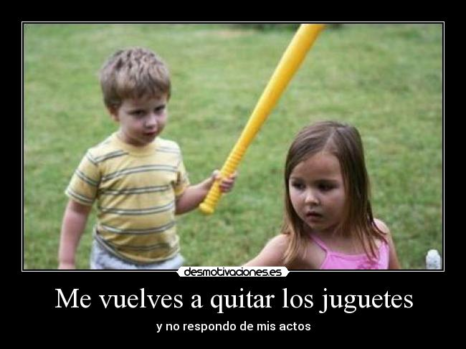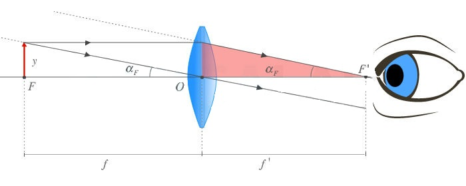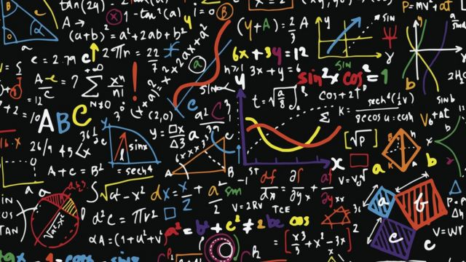
(Español)
«No merece la pena intentar debatir en grupos de fanáticos religiosos, dado que aunque, en el mejor de los casos, lográramos demostrarles que el juguetito con el que se identifican vitalmente y que tienen siempre entre las manos es falso, está estropeado, etc., –y para eso hace falta no tener mentalidad religiosa, pues de otro modo todos los razonamientos refutatorios se van por la alcantarilla de la religión– aún en ese rarísimo e improbable caso no podríamos darles nada para sustituirlo porque no podrían jugar con las cosas de adultos que nosotros les ofrecemos. El resultado sería… que para ellos resultaríamos ser sólo gente malvada porque les habríamos quitado su juguetito y en ese nuevo estadio se sentirían peor que antes, sin solución y con muchas posibilidades de reaccionar mal contra nosotros y contra el mundo 🙁
La solución, por tanto, habrá de ser Educacional y generacional.»
[Agustín Barahona]»
(English)
«It is not worth trying to debate in groups of religious fanatics, since even if, in the best of cases, we manage to show them that the little toy with which they vitally identify and that they always have in their hands is false, damaged, etc. –and for that it is necessary not to have a religious mentality, otherwise all refutatory reasoning goes down the drain of religion– even in that very rare and improbable case we could not give them anything to replace it because they would not be able to play with the adult things that we offer them. The result would be… that for them we would turn out to be just evil people because we would have taken away their little toy and in that new stage they would feel worse than before, without a solution and with many possibilities of reacting badly against us and against the world 🙁
The solution, therefore, will have to be educational and generational.»
[Agustín Barahona]

(Español)
«¡Pareciera que todos lo hubiéramos olvidado!
En nuestra búsqueda por comprender la realidad, es esencial abrazar un enfoque progresivo. Cualquier desviación de este proceso nos conduce a extraviar nuestro juicio. Esto sucede cuando basamos nuestras percepciones en conceptos parciales o imaginarios. A su vez, esto nos lleva a cometer juicios erróneos. Estos juicios no solo afectan lo que creemos haber percibido, sino también nuestras inferencias sobre la realidad.
La Sabiduría se erige como una herramienta crucial en este proceso. Su función es abordar gradualmente la realidad, logrando un enfoque claro y preciso. Esto se hace sin caer en excesos ni quedarse corto y evitando juicios parciales que puedan distorsionar nuestra comprensión. La realidad, en su esencia, carece de inconsistencias. Cualquier inconsistencia que percibimos es una proyección errónea de nuestra parte. Estas inconsistencias son señales de que estamos en el camino equivocado.
La Sabiduría nos permite conocer los hechos sin prejuicios. Es una disciplina de conocimiento que disipa nuestras limitaciones y obstáculos. Nos capacita para ver, comprender y, sobre todo, aceptar provisionalmente esta travesía y el paisaje que nos va mostrando.
La Sabiduría, conocida como Sophía en la antigua Grecia, no es un estado, sino un proceso. Este proceso está motivado por el deseo inquebrantable de conocer la realidad. Los antiguos filósofos lo llamaron Philosophia, el amor o inclinación hacia ese conocimiento llamado Sophía.
En nuestra época, donde la Philosophia cuenta con medios teóricos y prácticos mucho más avanzados que en el pasado, paradójicamente parece haberse desvanecido del horizonte social y psicológico de la humanidad.
Esto hace que desaprovechemos una valiosa oportunidad, ya que solo abrazando una «Ciencia con vocación de Sophia» podemos acercarnos a la ancestral voluntad humana de ser a través del conocimiento, ser en su máxima expresión.
En conclusión:
Esta perspectiva nos insta fervientemente a recobrar el enfoque progresivo de la Sabiduría en nuestra búsqueda incesante de comprender la realidad sin prejuicios ni limitaciones.
¡Seamos siempre auténticos aprendices de filósofo!»
[Agustín Barahona]
(English)
«It could seem that we all had forgotten!
In our quest to understand reality, embracing a progressive approach is essential. Any deviation from this process leads us to lose our judgment. This occurs when we base our perceptions on partial or imaginary concepts.
In turn, this leads us to make erroneous judgments. These judgments not only affect what we believe we have perceived but also our inferences about reality.
Wisdom stands as a crucial tool in this process. Its role is to gradually approach reality, achieving a clear and precise focus. This is done without going to extremes or falling short and avoiding partial judgments that could distort our understanding. Reality, in its essence, lacks inconsistencies. Any inconsistency we perceive is a mistaken projection on our part. These inconsistencies are signals that we are on the wrong path.
Wisdom allows us to apprehend facts without prejudice. It is a discipline of knowledge that dispels our limitations and obstacles. It empowers us to see, comprehend, and, above all, temporarily accept this journey and the landscape it reveals.
Wisdom, known as Sophia in ancient Greece, is not a state but a process. This process is motivated by an unshakable desire to grasp reality. Ancient philosophers called it Philosophia, the love or inclination toward this knowledge known as Sophia.
In our era, where Philosophia has theoretical and practical means far more advanced than in the past, paradoxically, it seems to have faded from the social and psychological horizon of humanity.
This causes us to miss a valuable opportunity since only by embracing a «Science with a Sophia Vocation» can we approach the ancestral human desire to be through knowledge, to be at its highest expression.
In conclusion:
This perspective strongly urges us to reclaim the progressive focus of Wisdom in our unceasing quest to understand reality without prejudice or limitations.
Let us always be true philosopher’s apprentices!»
[Agustín Barahona]

(ESPAÑOL)
«Las matemáticas son un lenguaje para comunicar sintéticamente la estructura y relaciones regulares de conceptos lógicos»
[Agustín Barahona]
Parece mentira que a estas alturas haya que explicar algo tan evidente, pero por lo que voy viendo no sobra la explicación. De hecho cada civilización en la antigüedad tomó su propio camino para representar lo mismo que la matemática actual intenta representar, aunque el campo y alcance de aquellas matemáticas iniciales podían parecer muy limitados. Esto es ya prueba inequívoca, por si hacía falta, de que es algo inventado, como todos los lenguajes.
(ENGLISH)
«Mathematics is a language to communicate synthetically regular structure and relationships of logical concepts.»
[Agustín Barahona]
It’s almost unbelievable that at this stage, there’s a need to elucidate something so self-evident. In fact, every ancient civilization charted its own course to symbolize what contemporary mathematics endeavors to symbolize. Although the scope and reach of those early mathematical systems might have appeared constrained, this stands as irrefutable evidence, if any was required, that it’s a human invention—much like all languages.